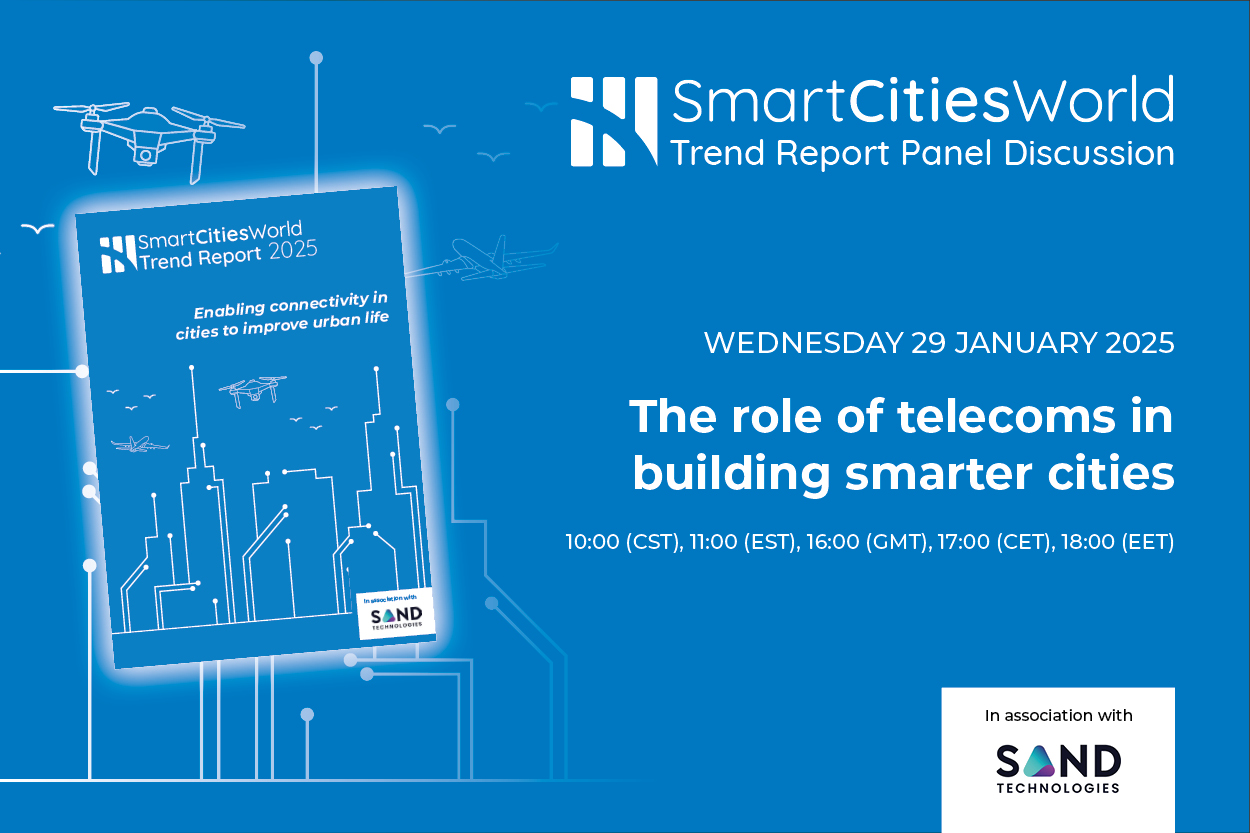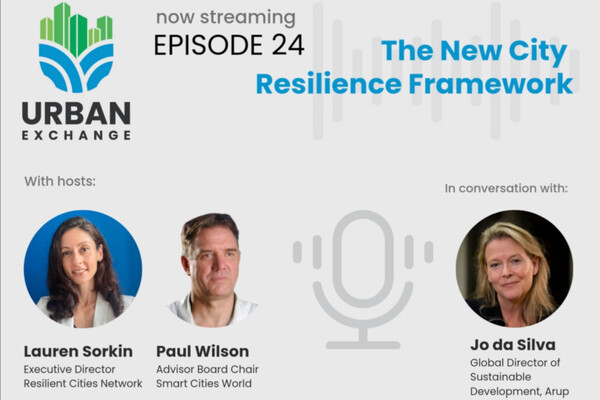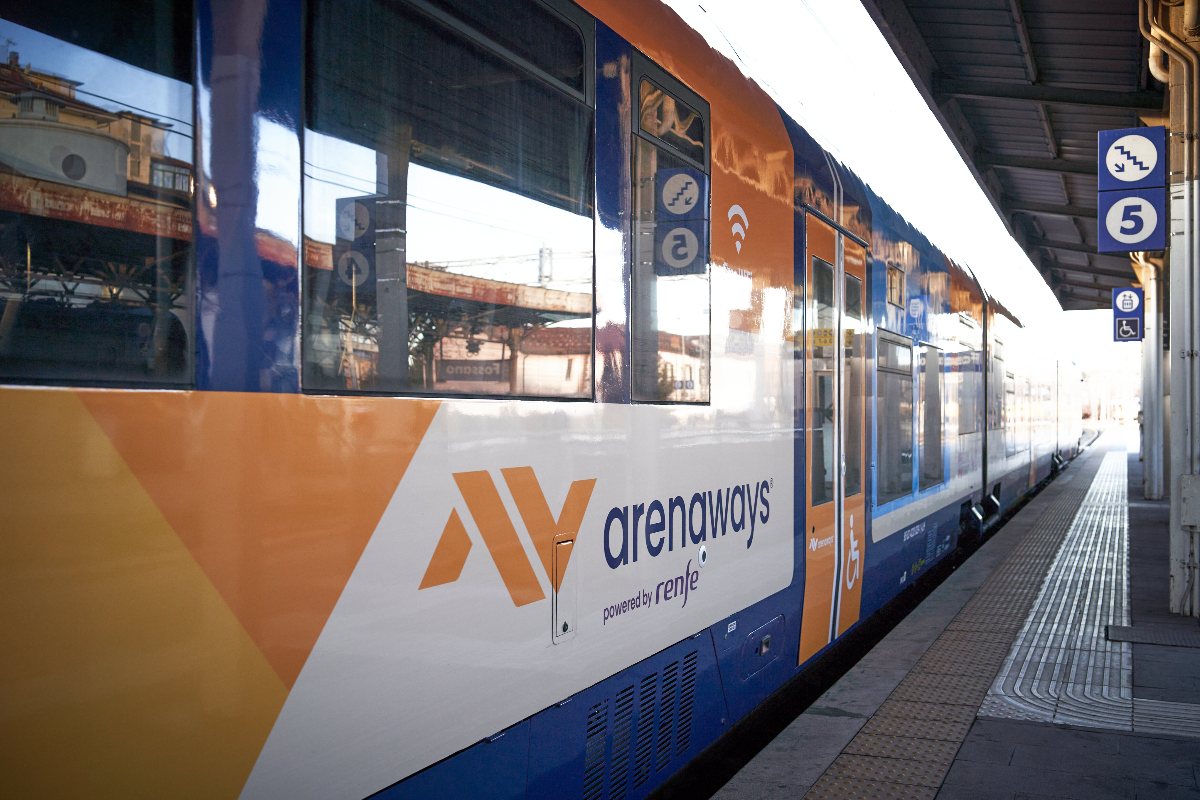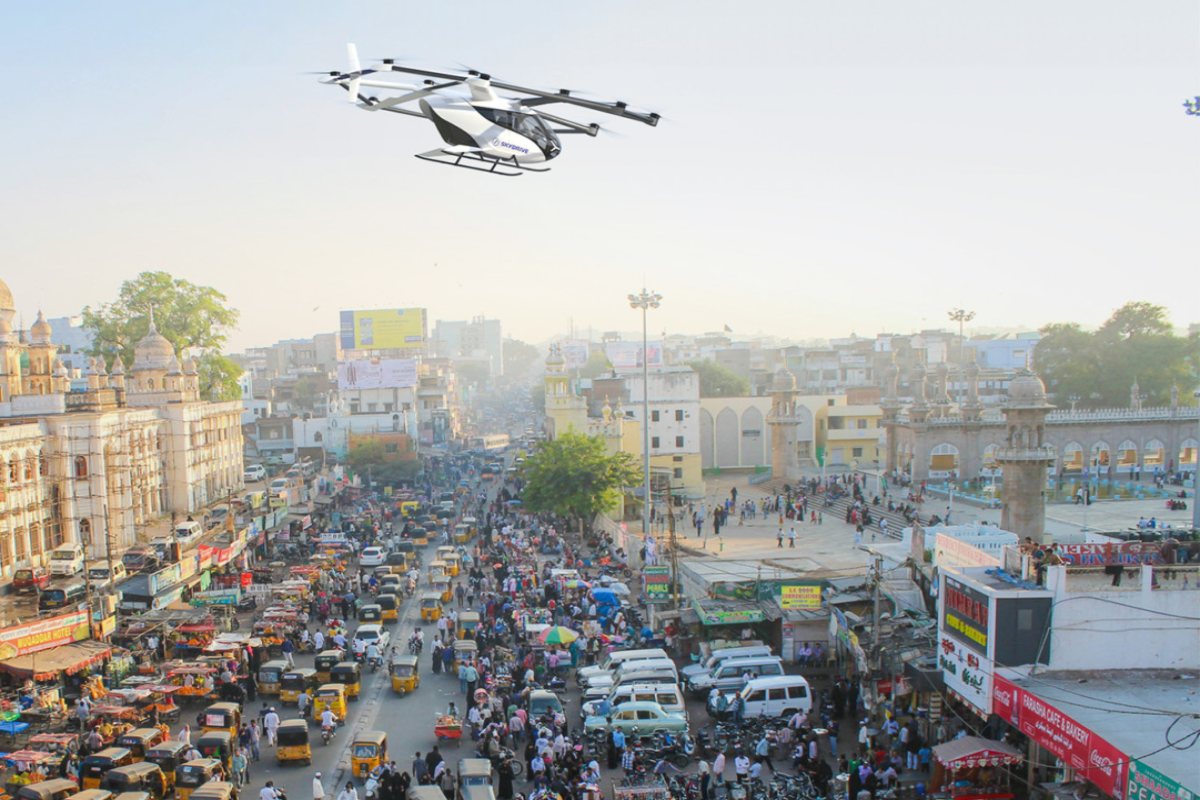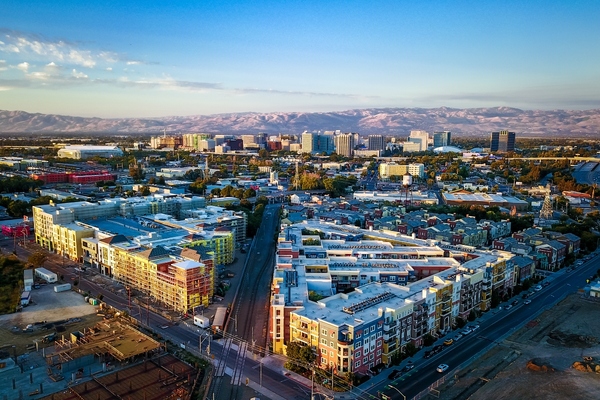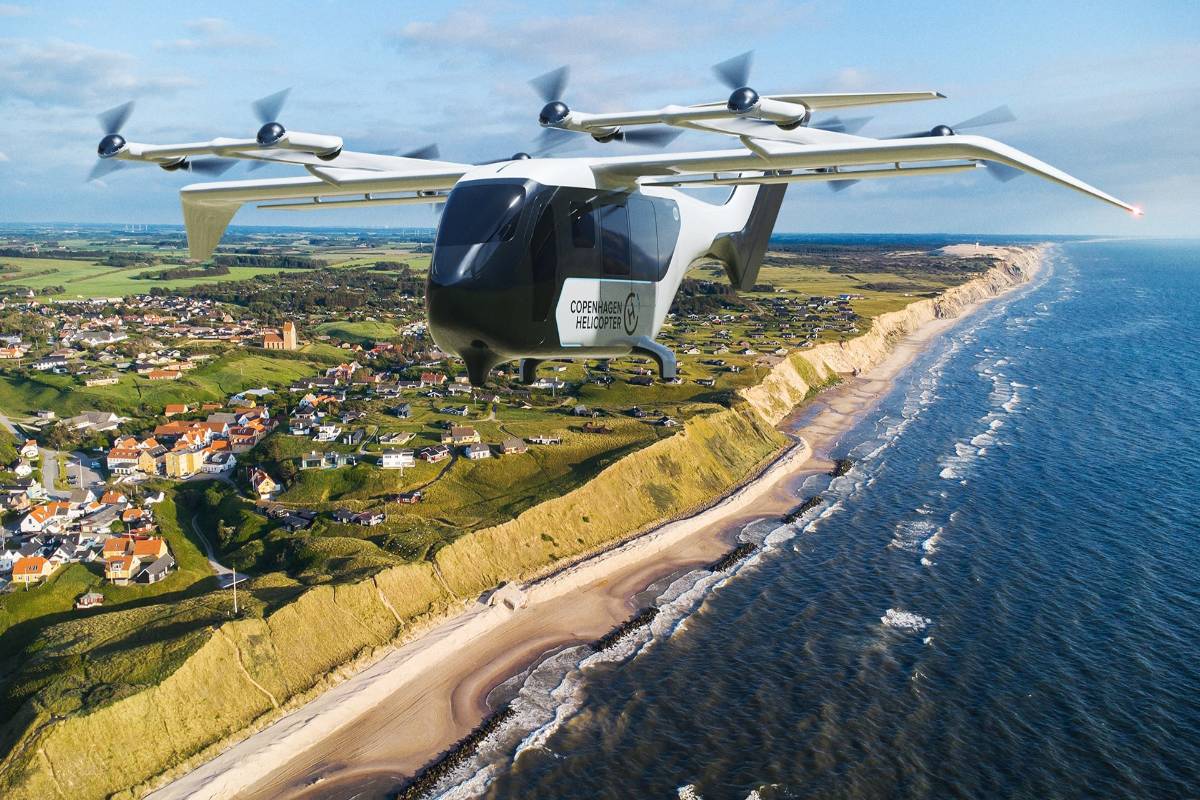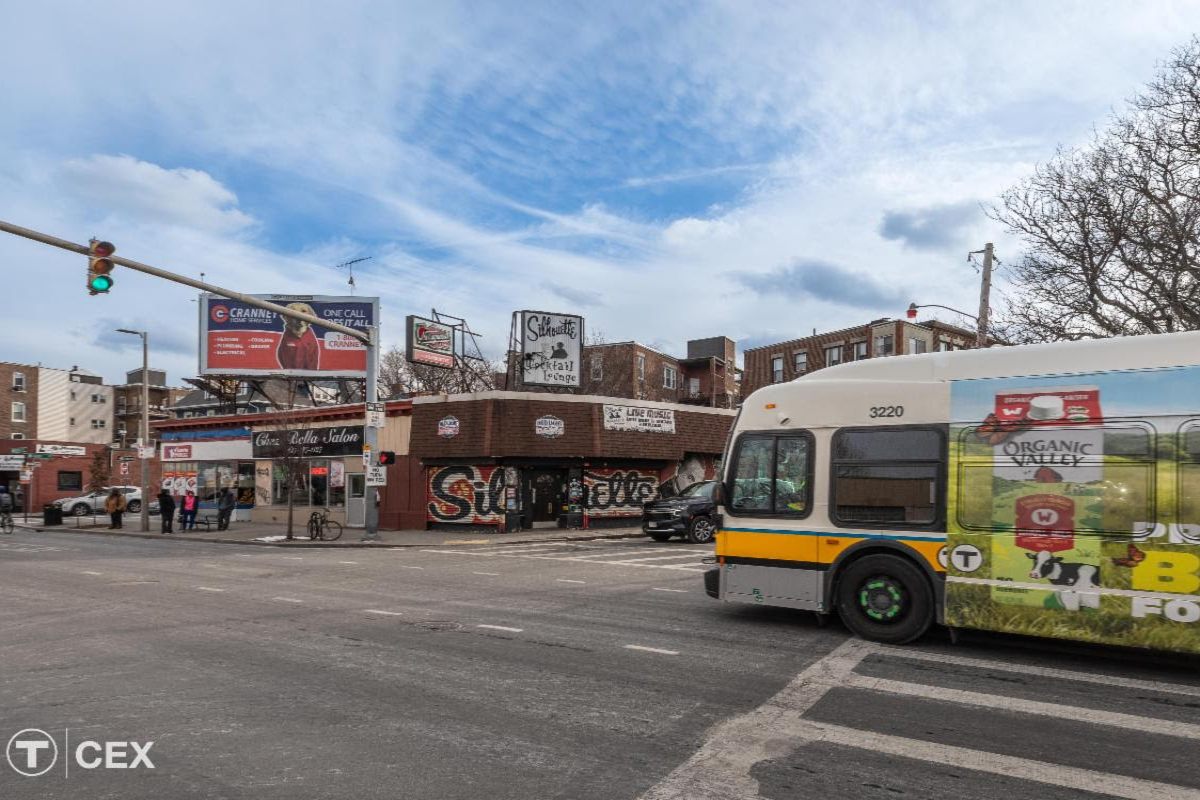Special Reports
SusHi Tech Tokyo 2024: experience ‘Tokyo 2050’ todaySponsored by The SusHi Tech Tokyo 2024 Showcase Program Executive Committee
Mastercard and Dublin city team to track spending patterns
Mastercard will also work to engage with Dublin start-ups to come up with new innovations in using the city’s data
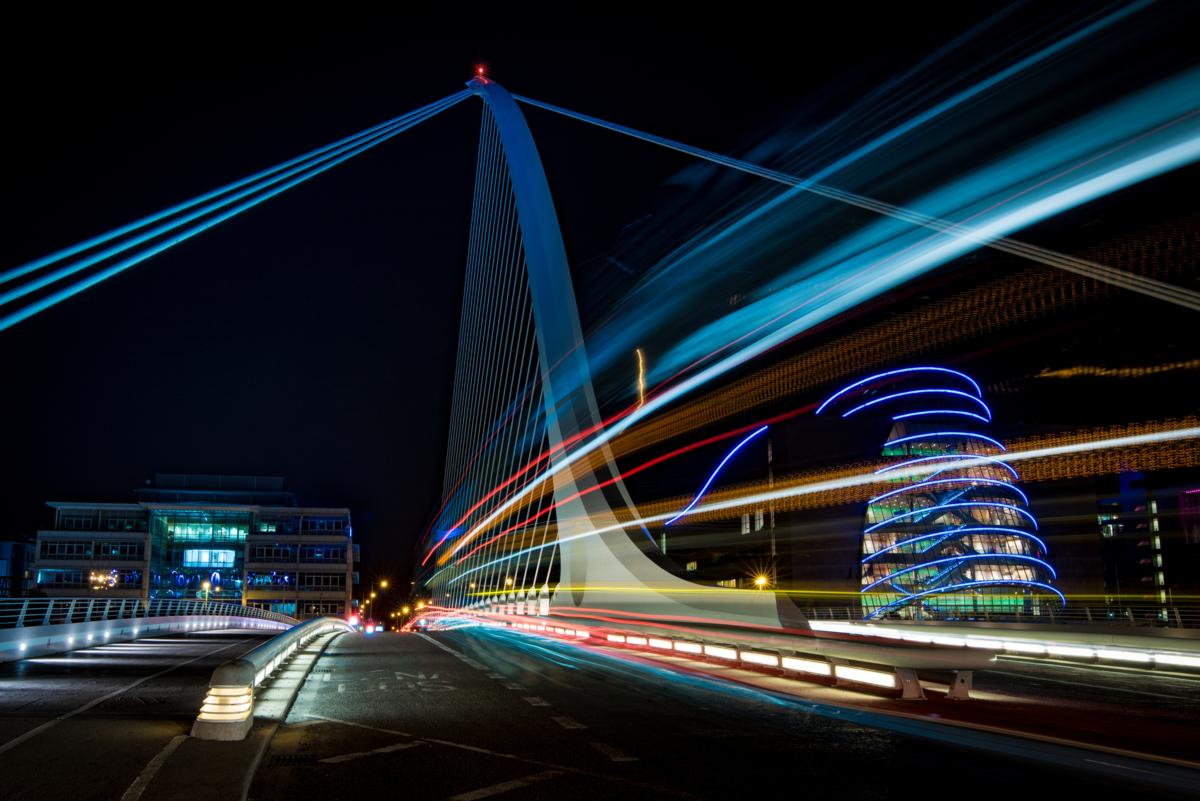
Mastercard and Dublin City Council (DCC) have entered an innovation partnership to support the city’s planning and future development efforts as part of its Smart Dublin programme.
The aim of the three-year agreement, announced at Smart City Expo in Barcelona, is to use data to improve city intelligence and performance and to this end Mastercard will develop its SpendingPulse reports to be released as part of DCC’s quarterly Economic Monitor.
“This unique partnership with Mastercard will allow Dublin to develop up-to-date insights on its economic performance at a time when we face a number of external threats such as Brexit,” said Owen Keegan, chief executive, Dublin City Council.
“This is a great example of private sector data being used for smarter purposes and supporting future city planning. We look forward to also exploring new cashless innovations in Dublin while also engaging with the local start-up ecosystem in this process.”
The reports will include insights on retail spending and tourism patterns drawn from anonymised and aggregated transaction data as well as other means of payments such as cash and cheques.
This will reportedly help the city develop new insights on the spending patterns of Dubliners and tourists, as well as comparing the capital’s performance against the whole of Ireland. Over the course of the three-year term there is also a commitment to drive innovation opportunities in transit, planning and tourism and to engage with Dublin’s start-up ecosystem.
“Dublin is leading the way in harnessing the power of big data to help run the city more efficiently, advance tourism and to better understand the economic trends and behaviour of its residents and visitors”, added Jason Lalor, country manager, Mastercard Ireland.
“Mastercard is delighted to bring our expertise and innovation capacity to help the city use our data to plan better economic policies and interventions that will improve its overall economic performance.”
Mastercard also announced that it recently joined forces with City Digital, a Chicago-based urban tech accelerator and other partners, to test what kind of incentives would make commuters change their travel patterns.
The pilot allowed regular commuters to voluntarily sign up for text alerts informing them of potential heavier-than-normal crowds around night baseball games. More than 2,000 people signed up to receive text alerts, which were sent at 3pm over eight game days and delivered through a mobile engagement platform provided by Syniverse.
The analysis showed that fare rebates had the most impact with average participant ridership dropping 17.5 per cent between 5pm and 6pm and moving to adjacent hours when offered this kind of incentive. Informational text alerts and charitable donations on behalf of the commuter had lower levels of impact, but also led to reduction in peak-hour ridership.
“As cities look to optimise their existing infrastructure, managing demand by communicating directly with commuters can be a powerful tool for transit providers,” said Sapan Shah, vice president enterprise partnerships, Mastercard.
“Addressing the challenges of increasing urbanisation requires new ideas and new forms of private-public partnerships. We are committed to applying our technology and our data analytics to co-develop and scale urban solutions such as this.”
These findings are also being presented by Mastercard and City Digital at the Smart City Expo World Congress, Barcelona.
If you like this, you might be interested in reading the following:
Check out the latest news from Smart City Expo World Congress 2017
at our dedicated hub
South Australia trials smart ticketing
Adelaide Metro working with Masabi to become Australia’s first transit system to trial mobile ticketing
Reshaping how we work, live and play
The two companies are collaborating with AVA retail and Cisco to build and test technologies for smart environments
Dublin airport enhances its hub status
Data will provide airport with insight into passengers’ planning and search preferences to future shape its offering
